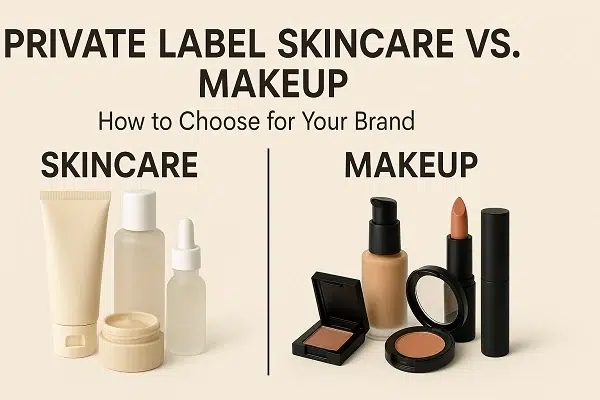The beauty industry is witnessing a significant shift towards vegan cosmetics, driven by growing consumer awareness about ethical consumption and sustainability. Vegan cosmetics, which eschew animal-derived ingredients, offer not only ethical benefits but also boast scientifically advanced formulations. This blog explores the scientific principles and meticulous processes behind vegan cosmetic formulas, highlighting their benefits and the innovative technologies that make them effective.
1. Understanding Vegan Cosmetics
Vegan cosmetics are free from any animal-derived ingredients, such as beeswax, lanolin, collagen, and carmine. Instead, they rely on plant-based and synthetic alternatives that provide similar, if not superior, benefits.
Plant-Based Ingredients: These include botanical extracts, essential oils, and plant-derived vitamins and minerals. These ingredients are often packed with antioxidants, anti-inflammatory compounds, and essential fatty acids that are beneficial for the skin.
Synthetic Alternatives: Advances in cosmetic chemistry have led to the development of synthetic ingredients that mimic the properties of their animal-derived counterparts. These ingredients are carefully formulated to be biocompatible and effective.
2. Innovative Extraction and Processing Techniques
To maintain the efficacy and purity of plant-based ingredients, vegan cosmetic brands use advanced extraction and processing techniques.
Supercritical CO2 Extraction: This technique uses carbon dioxide under high pressure to extract essential oils and other valuable compounds from plants. It is a clean and efficient method that avoids the use of harmful solvents, ensuring the purity of the extracts.
Cold Pressing: Ideal for extracting oils from seeds and nuts, cold pressing ensures that heat-sensitive nutrients are preserved, resulting in high-quality, nutrient-rich oils.
3. Scientific Formulation Strategies
Creating effective vegan cosmetics involves a deep understanding of how various ingredients interact and how they can be combined to enhance their efficacy.
Synergistic Blends: Vegan formulations often rely on synergistic blends of ingredients, where the combined effect is greater than the sum of individual effects. For instance, combining aloe vera with green tea extract can enhance anti-inflammatory and antioxidant benefits.
Biomimicry: This approach involves creating synthetic ingredients that mimic the structure and function of natural skin components. For example, plant-derived squalane is chemically similar to the skin’s natural sebum, making it an excellent moisturizer.
4. Efficacy Through Clinical Testing
Vegan cosmetics are subject to rigorous testing to ensure their safety and effectiveness.
Dermatologist Testing: Products are tested by dermatologists to ensure they are safe for all skin types, including sensitive skin. This helps in identifying any potential allergens or irritants.
Consumer Trials: Real-world testing involves consumer trials where participants use the products over a specified period. Feedback from these trials is crucial for refining formulations to meet consumer needs.
5. Ethical and Environmental Considerations
One of the primary motivations behind vegan cosmetics is ethical consumption, which also encompasses environmental sustainability.
Cruelty-Free Testing: Vegan cosmetics are never tested on animals. Instead, brands use alternative testing methods such as in vitro testing and computer modeling to ensure product safety and efficacy.
Sustainable Sourcing: Ingredients are sourced from sustainable and organic farms that practice eco-friendly farming methods. This not only ensures the purity of the ingredients but also supports biodiversity and reduces environmental impact.
Eco-Friendly Packaging: Many vegan cosmetic brands use recyclable and biodegradable packaging materials to minimize their environmental footprint.
Conclusion
The science behind vegan cosmetic formulas is a blend of ethical considerations, advanced scientific techniques, and a commitment to sustainability. By leveraging the power of plant-based ingredients and innovative synthetic alternatives, vegan cosmetics provide effective skincare solutions that align with the growing demand for cruelty-free and environmentally responsible products. For consumers, choosing vegan cosmetics means supporting a movement towards a more ethical and sustainable beauty industry.







